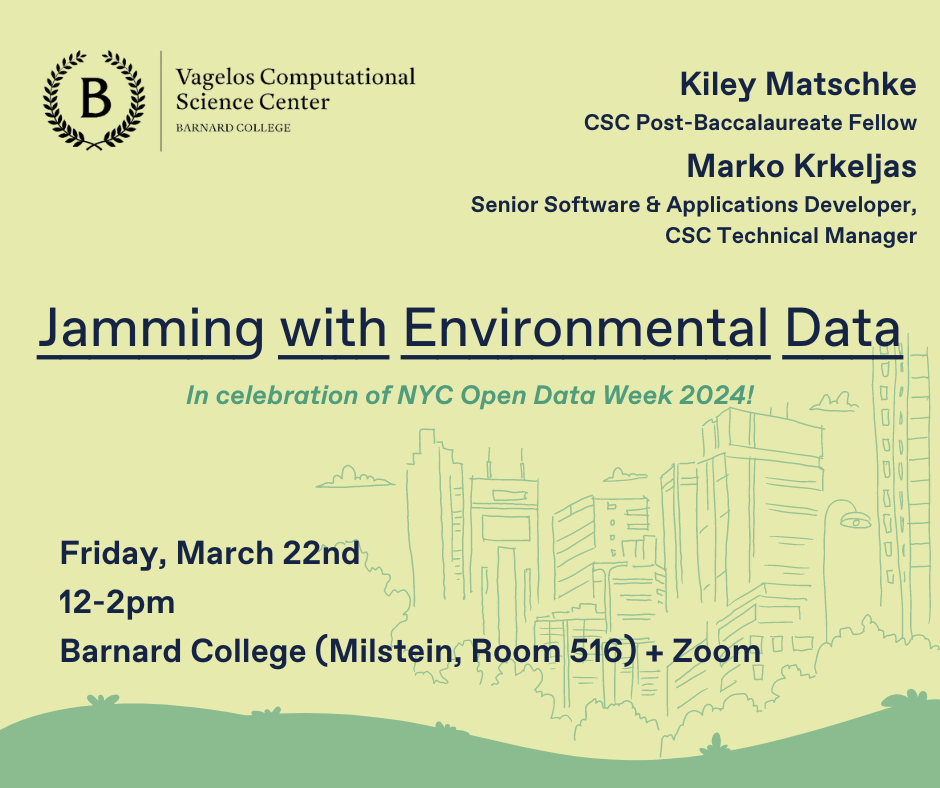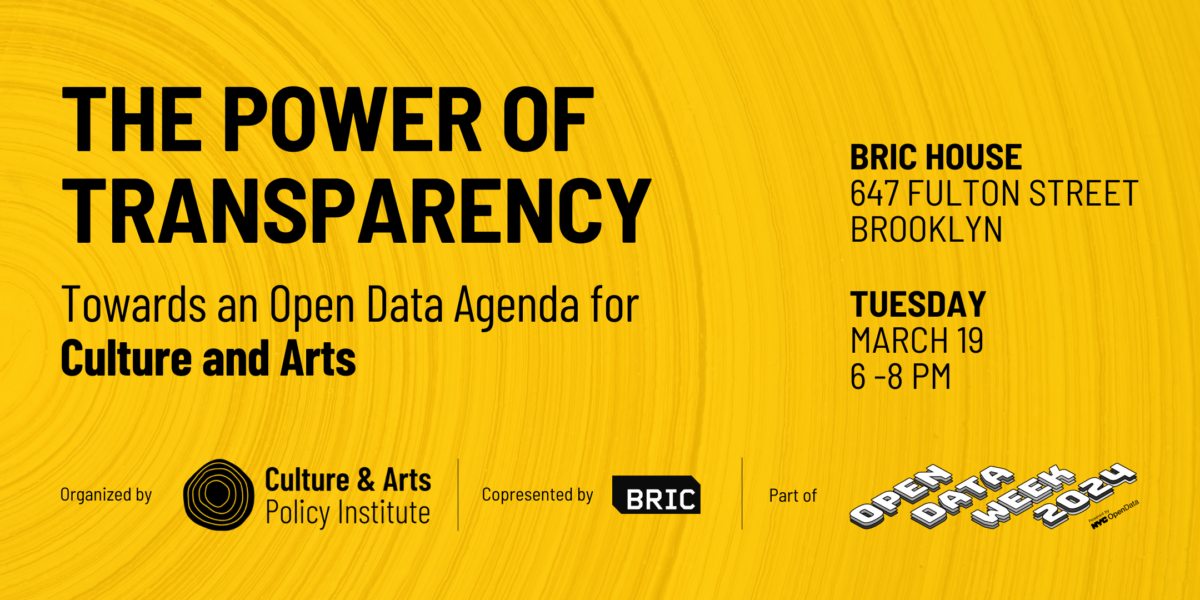Come meet the artists and hear an engaging discussion about data, art, and the idea of Aftermath.
Participating artists:
Parcel ATM: Raphael Laude
Rat Revolution: Danny Yang
Pockets of Information: Community Care in a Speculative New York: Gabriella Evergreen
NYC Clock: Saralee Sittigaroon
Plants: Informational Entities Over Time: Sonia Sobrino Ralston
Rezoning at what Cost?: Tatiana Kalainoff
The discussion moderator, Stephen Larrick, is an urban planner and open gov advocate who has spent his career working to democratize the way cities are experienced and made. He currently leads the digital services team at MAPC, greater Boston’s regional planning agency, overseeing the development of data products and implementation of digital equity work. Prior to joining MAPC, Stephen was a Technology and Public Purpose Fellow at the Harvard Kennedy School’s Belfer Center; led city success at the venture-backed govtech startup Stae; founded and directed the Open Cities Team at the Sunlight Foundation; and served as Director of Planning and Economic Development for the City of Central Falls, Rhode Island. Stephen received his Bachelor’s of Arts in Urban Studies and Political Philosophy from Brown University, and lives in downtown Salem, MA with his wife Sarah. In his spare time, Stephen is also an artist/designer and sometimes comedian. His racial-equity focused data work, the Black Lives Matter Street Mural Census, has been featured at the Cooper Hewitt Smithsonian Design Museum.
Data Through Design (DxD) is an independent, volunteer-run collective which organizes an annual art exhibition featuring works that creatively analyze, interpret, and interrogate data made available on NYC Open Data—a valuable civic resource aimed at increasing information access and transparency.



